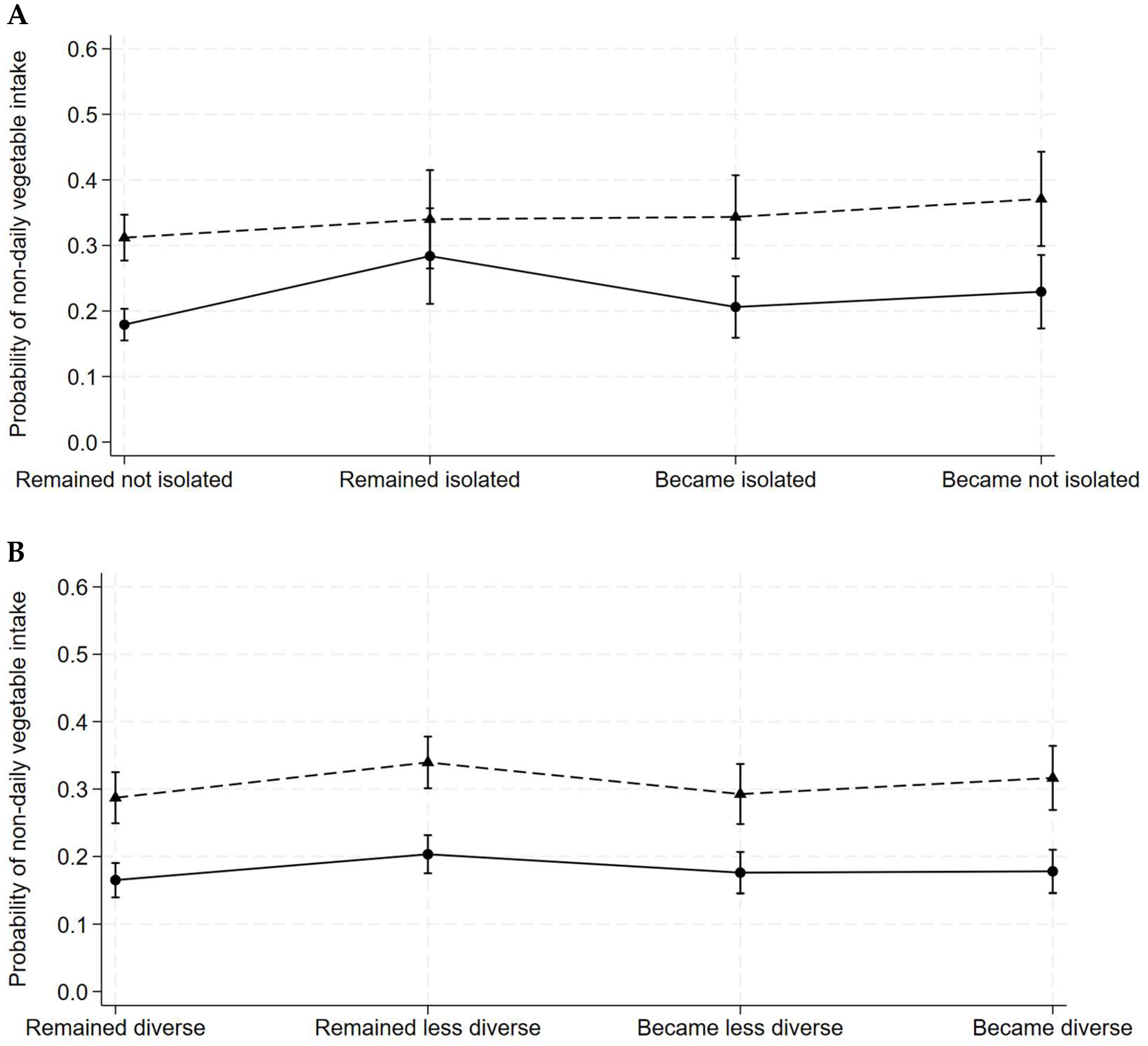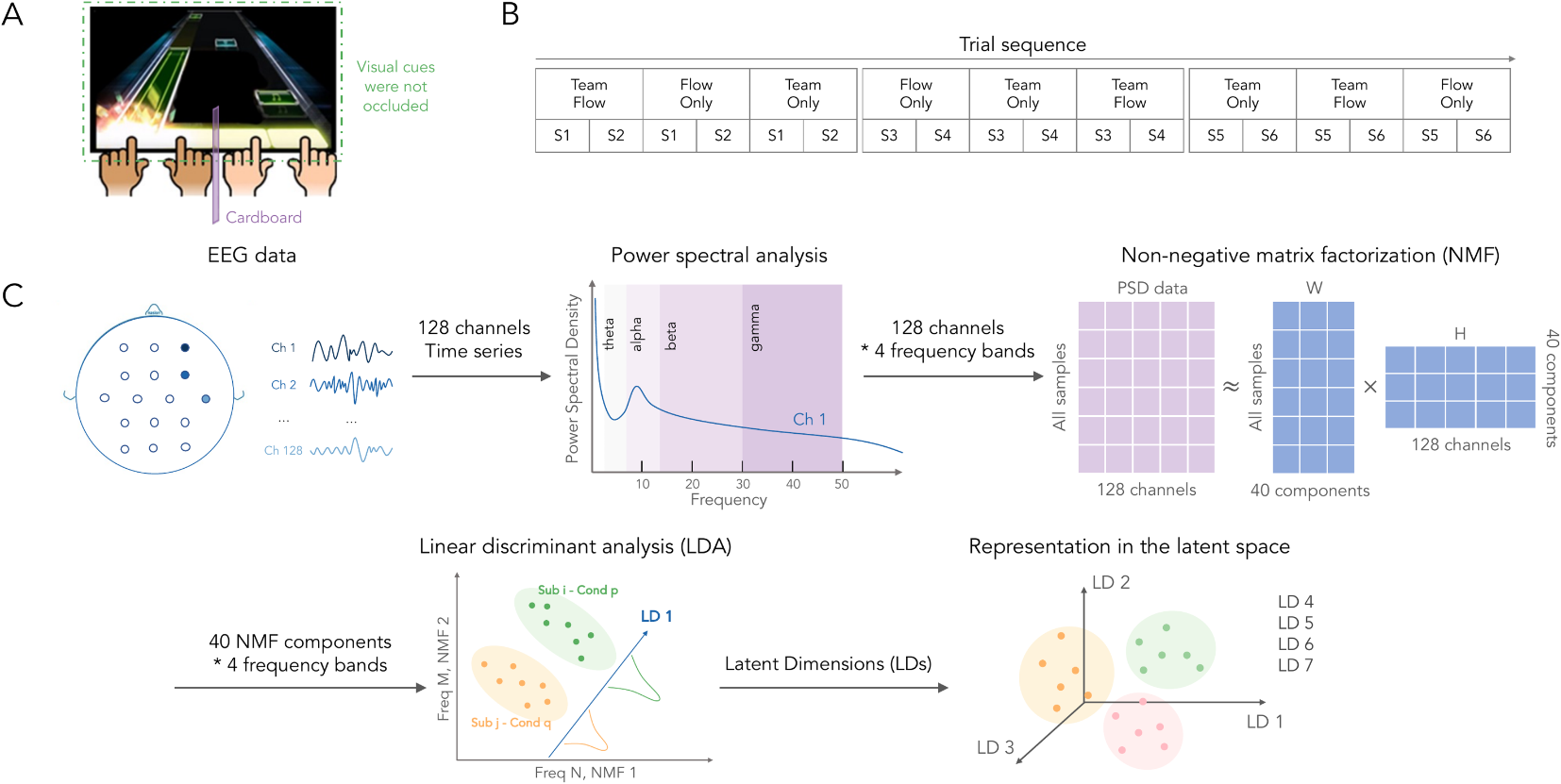2025-04-11 カナダ・ブリティッシュコロンビア大学(UBC)
ブリティッシュコロンビア大学(UBC)の研究により、高齢女性における社会的孤立が食生活の質の低下と関連していることが明らかになりました。研究対象は65歳以上のカナダ女性で、孤立度が高いほど果物、野菜、全粒穀物などの摂取が少なく、カナダの食事ガイドラインに基づく食事の質(HEI-Cスコア)が有意に低い傾向がありました。
◆この研究は、高齢女性が一人暮らしや配偶者の死後に直面する孤独感が、栄養バランスの悪化に繋がりうることを示しており、社会的つながりの維持が健康的な食生活の鍵となる可能性を示唆しています。今後は、地域コミュニティ支援や孤立予防の政策が高齢女性の健康を守る上で重要になると考えられます。
<関連情報>
- https://news.ubc.ca/2025/04/social-isolation-linked-to-poor-diet-in-older-women/
- https://www.mdpi.com/2072-6643/17/6/1005
性別、社会参加における不利な変化と不健康な食事のリスク: カナダ加齢縦断研究(2011-2021年)の前向きコホート研究 Gender, Adverse Changes in Social Engagement and Risk of Unhealthy Eating: A Prospective Cohort Study of the Canadian Longitudinal Study on Aging (2011–2021)
Sanaz Mehranfar,Gilciane Ceolin,Rana Madani Civi,Heather Keller,,Rachel A. Murphy,,Tamara R. Cohen, and Annalijn I. Conklin
Nutrients Published: 13 March 2025
DOI:https://doi.org/10.3390/nu17061005

Abstract
Background: Social isolation is linked to survival and health. However, dietary effects of social activities, and gender differences, over time are unknown. Methods: A prospective study of adults (45+y) reporting daily fruit or vegetable (F/V) intake (at wave 1) from the Canadian Longitudinal Study on Aging (CLSA). Multivariable mixed logistic regression assessed changes in social isolation or breadth of social participation (wave 1 to 2) in relation to adverse changes in F/V (non-daily intake) at wave 3 in women and men. Results: Women who remained socially isolated between waves 1 and 2 had 85% higher odds of non-daily vegetable intake (OR 1.85 [95% CI: 1.32, 2.59]) and over twofold higher odds of non-daily fruit intake (2.23 [1.58, 3.14]), compared to reference (not isolated at waves 1 and 2). Higher odds of non-daily F/V intake were also observed for women who changed from isolated at wave 1 to not isolated at wave 2. Women and men who had less diverse social participation at waves 1 and 2 had 28–64% higher odds of non-daily F/V intake, compared to their counterparts with diverse social participation at both waves. Higher odds of non-daily fruit were also seen for women who had diverse social participation at wave 1 but reduced their diversity at wave 2 (1.35 [1.12, 1.62]). Conclusions: Results showed persistent social isolation impacted changes in F/V among women only, while limited breadth of social participation affected F/V intake in both genders. Further longitudinal research on the complexities of social engagement and eating behavior is warranted.


